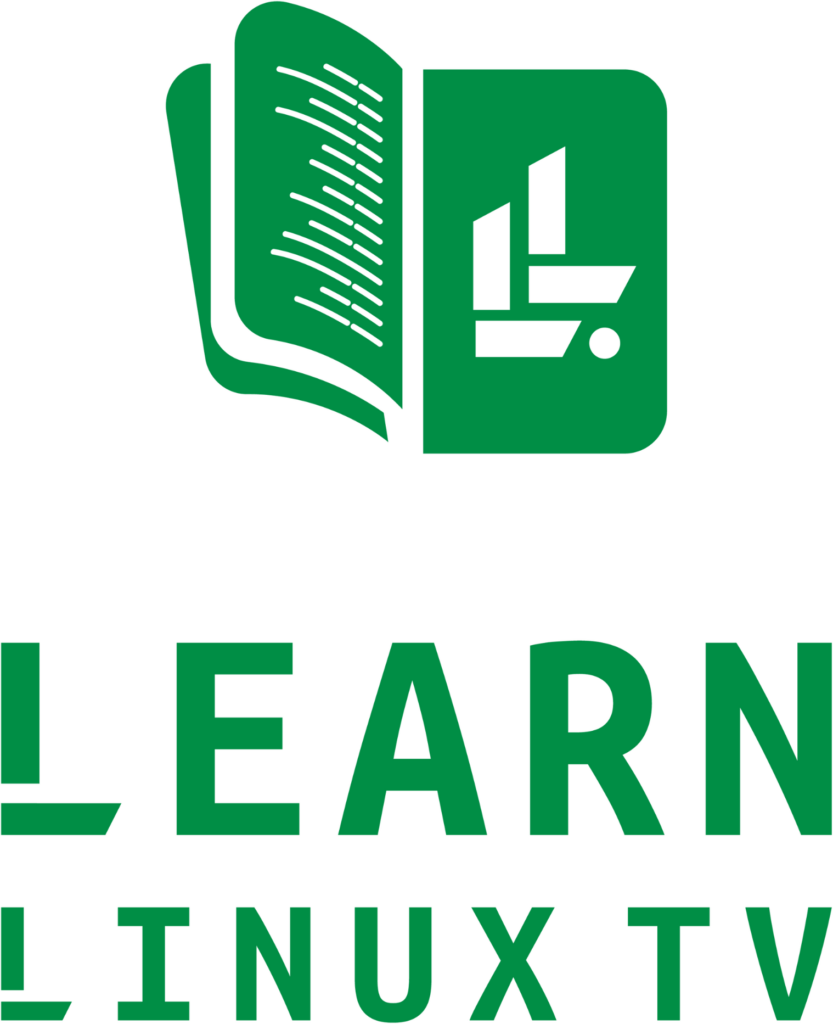In my Linux Commands for Beginners series, we’ll explore everything you need to know in order to be productive on the Linux Command Line. You’ll learn basic commands, input/output redirection, package management, resource monitoring, troubleshooting, and more. In this video, we’ll take another look at package management, this time with the dnf command (Fedora) and the yum command (CentOS).
-
Linux Commands for Beginners 19 – The find Command
In my Linux Commands for Beginners series, we’ll explore everything you need to know in order to be productive on the Linux Command Line. You’ll learn basic commands, input/output redirection, package management, resource monitoring, troubleshooting, and more. In this video, we’ll see how the find command can be used to quickly search through our filesystem.
-
Linux Commands for Beginners 18 – Variables
In my Linux Commands for Beginners series, we’ll explore everything you need to know in order to be productive on the Linux Command Line. You’ll learn basic commands, input/output redirection, package management, resource monitoring, troubleshooting, and more. This time, we’ll take a much overdo look at variables.
-
Linux Commands for Beginners 17 – Streams
In my Linux Commands for Beginners series, we’ll explore everything you need to know in order to be productive on the Linux Command Line. You’ll learn basic commands, input/output redirection, package management, resource monitoring, troubleshooting, and more. This time, we’ll checkout output streams.
-
Linux Commands for Beginners 16 – Output Redirection
In my Linux Commands for Beginners series, we’ll explore everything you need to know in order to be productive on the Linux Command Line. You’ll learn basic commands, input/output redirection, package management, resource monitoring, troubleshooting, and more. This time, we’ll check out how to redirect output (stdout).
-
Linux Commands for Beginners 15 – Bash History
everything you need to know in order to be productive on the Linux Command Line. You’ll learn basic commands, input/output redirection, package management, resource monitoring, troubleshooting, and more. In this video, we’ll learn how to view and utilize command history in bash.
-
Linux Commands for Beginners 14 – Managing Users
In my Linux Commands for Beginners series, we’ll explore everything you need to know in order to be productive on the Linux Command Line. You’ll learn basic commands, input/output redirection, package management, resource monitoring, troubleshooting, and more. In this video, we’ll learn how to manage users.
-
Linux Commands for Beginners 12 – Managing systemd Units
In my Linux Commands for Beginners series, we’ll explore everything you need to know in order to be productive on the Linux Command Line. You’ll learn basic commands, input/output redirection, package management, resource monitoring, troubleshooting, and more. In video 12, we’ll take a look at managing systemd units which will allow us to start, stop, restart, enable, and disable system processes.
-
Linux Commands for Beginners 11 – Intro to Package Management on Debian-based Distributions
In my Linux Commands for Beginners series, we’ll explore everything you need to know in order to be productive on the Linux Command Line. You’ll learn basic commands, input/output redirection, package management, resource monitoring, troubleshooting, and more. This video serves as an introduction to package management.
-
Linux Commands for Beginners 10 – Checking Resource Usage
In my Linux Commands for Beginners series, we’ll explore everything you need to know in order to be productive on the Linux Command Line. You’ll learn basic commands, input/output redirection, package management, resource monitoring, troubleshooting, and more. This time around, we’ll take a look at how to monitor and inspect system resource usage.












